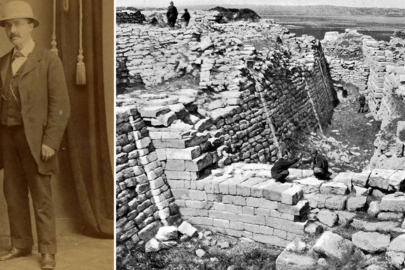The program is called Moral Storytelling System and has been developed by Margaret Sarlej from the University of New South Wales. It can generate simple stories with one of six morals identified in Aesop’s fables: retribution, greed, pride, realistic expectations, recklessness and reward.
These stories are structured around characters who are able to experience up to 22 emotions, from joy to pity, remorse and gratitude, in three different story worlds.
“The ‘user’ simply chooses a moral, and the system automatically determines a sequence of events (ie a story) which make characters feel the emotions required to convey that moral,” said Sarlej to Guardian newspaper.
Sarlej describes artificial intelligence in storytelling as “an extremely complex problem”, explaining that breaking stories down for a computer “involves not only encoding story elements like characters, events, and plot, but also the ‘common sense’ people take for granted”.
Telling a story is very simple, and even a child can do it. But, stories are actually “incredibly complex”.
“For example, if Bob gives Alice an apple, Alice will have the apple, and Bob will not. To a person, that’s obvious, and doesn’t require explanation. If Bob punches Carl, people would generally assume Carl will be unhappy about it, but a computer doesn’t have the ‘common sense’ to make such an inference. In a computer programme, details like this must be explicitly spelled out,” she continued.
Therefore, Sarlej decided to focus on “one of the key functions of storytelling throughout history, and the main reason it evolved: conveying a message, or moral”, the way Aesop did in his fables.
Sarlej’s supervisor, artificial intelligence expert Dr Malcolm Ryan, argues that “computers will be making interesting and meaningful contributions to literature within the decade” adding that “they might be more experimental than mainstream, but the computer will definitely be doing some of the work of writing.”
However, Sarlej believes that “”For computers to really be able to tell stories in the way human authors do, not only are further advances in both story planning and natural language generation required, but state of the art work in both areas must also be combined, so that a system not only plans out what happens in a story, but is also able to convey it effectively to readers. I think such a system is still a long way off, and it’s pretty unlikely a computer will ever produce works like War and Peace,”.
Source: The Guardian




































